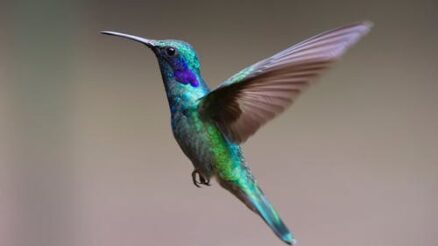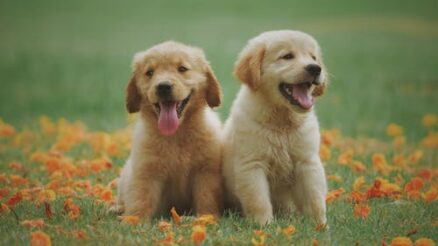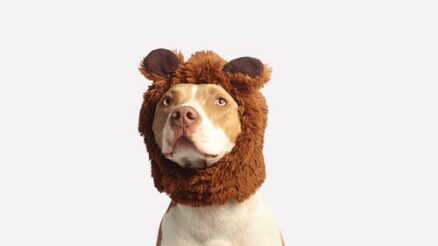Animals need healthy mouths to stay healthy and happy pets!
Animals’ gum and tooth tissue respond identically as ours when threatened by disease and plaque so it’s important that we maintain a regular dental hygiene program for their health and well-being.
Examine their teeth and mouth
If it’s possible, gently pull back your pet’s lip and look at his or her teeth (wrigglers might require some help!).
- Would you see yellowish or brown plaque deposits on the teeth?
- Are there some other issues like chipped or cracked teeth?
- Does your pet have very smelly breath?
- Check the gums – are they sore-looking?
- Can your pet often dribble saliva and drop food when he/she is hoping to eat?
In case your response is “yes” to any of these questions, your pet requires some attention to his/her mouth.
It is easy to overlook your pet’s teeth but dental problems could lead to major health difficulties.
Eventually, you are going to be visiting the vet, possibly for dental work under anesthetic, maybe for something more severe – costly and stressful.
Fortunately, good dental hygiene is not too difficult to achieve by following a similar plan of action to mine:
- Provide hard (dry) meals. There are lots of balanced diets on the current market, many designed to aid with dental hygiene and exercise the gums.
- Brushing your pet’s teeth often will surely make a difference and believe it or not, plenty of pets do not mind it whatsoever! Use a toothbrush and toothpaste designed for animal usage as it froths significantly less, is flavored, and doesn’t need rinsing. Start softly for a few moments and work up to a complete set of teeth!
- Hard and crunchy treats to help with the removal of plaque and tartar are very popular with pets. My dog loves to stir carrots (great healthy veggies!) And you will find lots of treats available for assisting with great dental hygiene.
- Toys designed to work out the mouth are good – happy playtime and dental hygiene wrapped into one!
- Check frequently for constant extremely poor breath – not just ‘I have been eating something nasty’ breath. This might be a warning signal that your pet may have something serious happening. Never dismiss bad breath and just mask it with breath fresheners.
- When you visit your Vet for hepatitis boosters your pet should have a professional dental check-up.
Little Pets
Rabbit and rodent owners, please check your pet’s teeth regularly especially if they are showing any of the signs above as their teeth grow continuously and your veterinarian might have to reevaluate them.
If you are not convinced, consider it this way. A dog or cat year is equivalent to about five to seven human years. If your pet is five years old, this is much like a 25 to a 35-year-old individual who hasn’t brushed their teeth go to a dog dentist!
1 critical component of oral and general health for cats and dogs is routine dental care. However, most pets don’t get the oral hygiene care that they need to keep their teeth and gums healthy.
We’re also enthusiastic about educating pet owners on dental health education and the demand for a good at-home oral care routine.
Cats and dogs may often react to dental procedures by fighting or biting, as they do not understand what’s happening. We provide anesthesia to all of our patients prior to performing dental procedures. This places less strain on animals and makes it possible for us to x-ray their mouth as necessary.
Our Citrus County vets provide preventive and curative veterinary dental healthcare and operation for dogs and cats. Visit this website dunnellonanimalhospital.com for more details.


